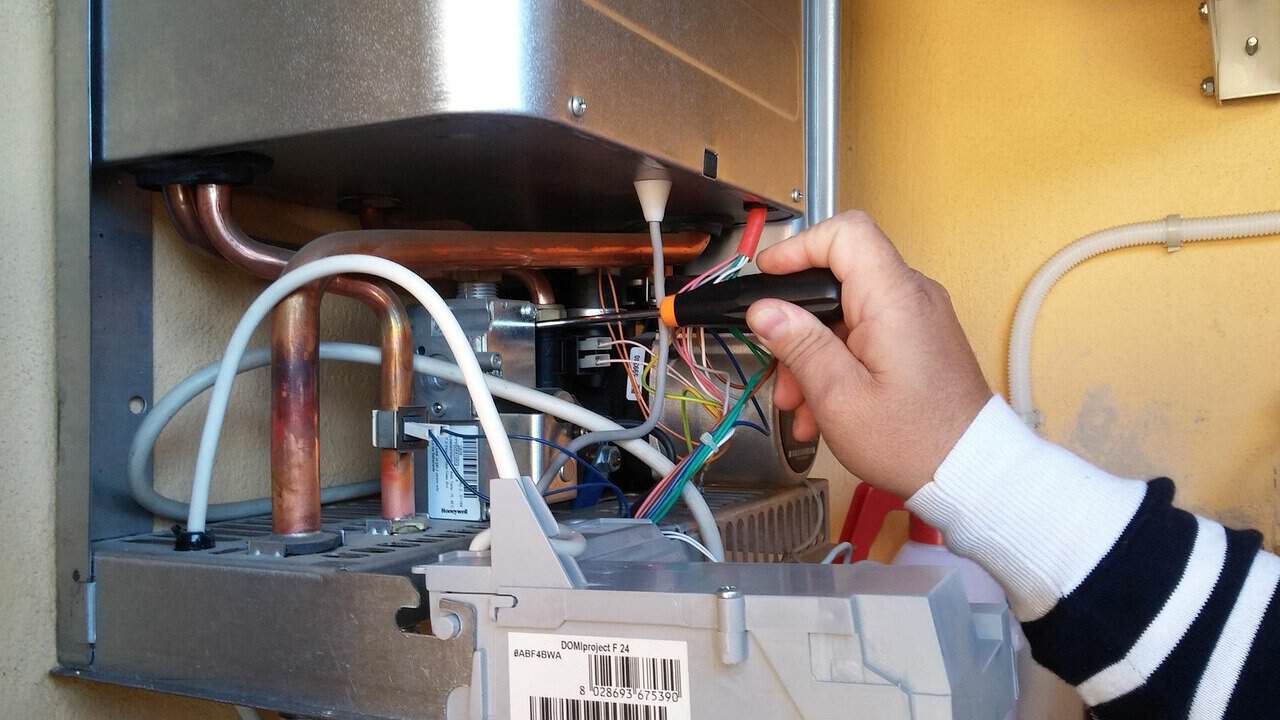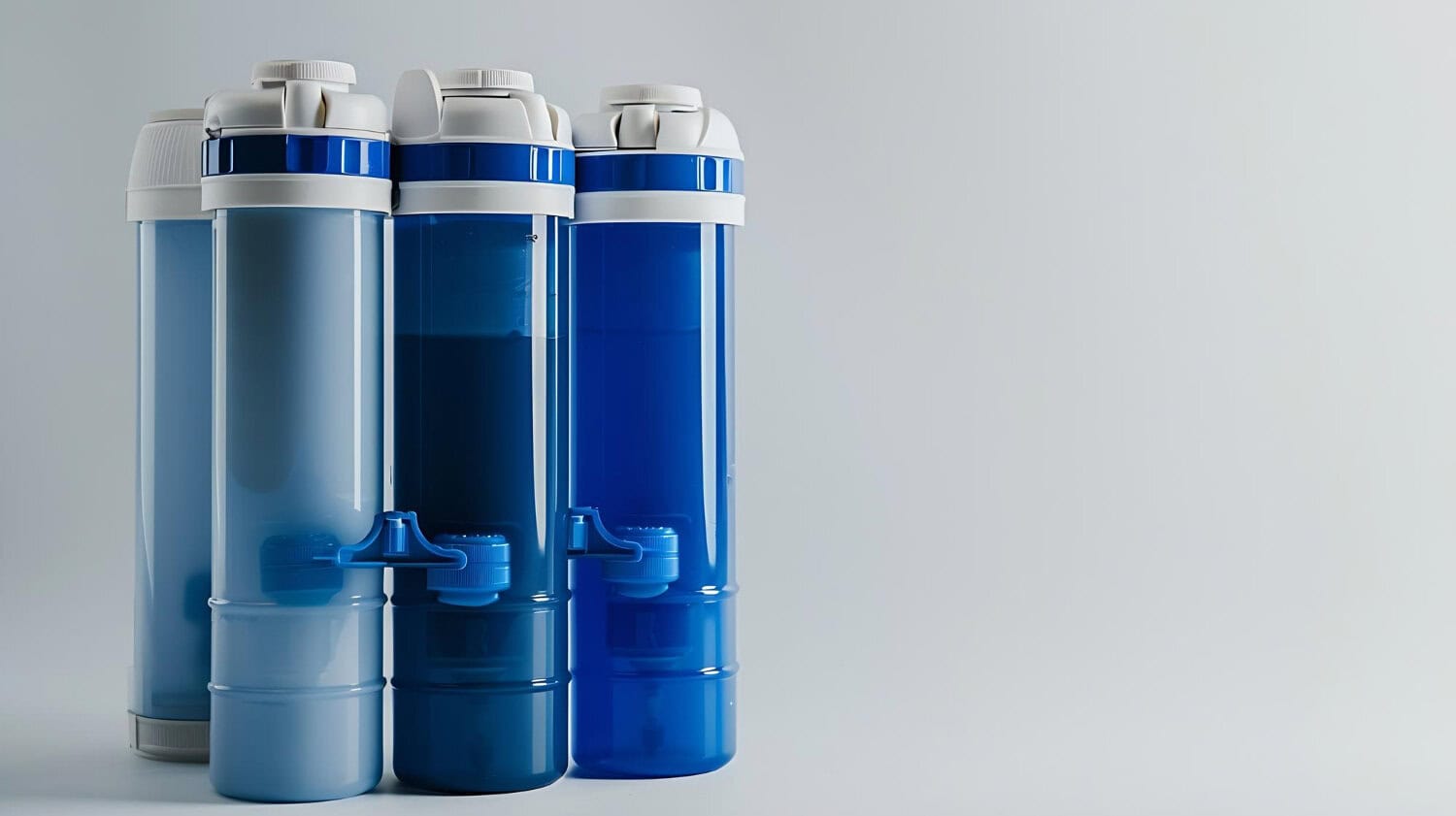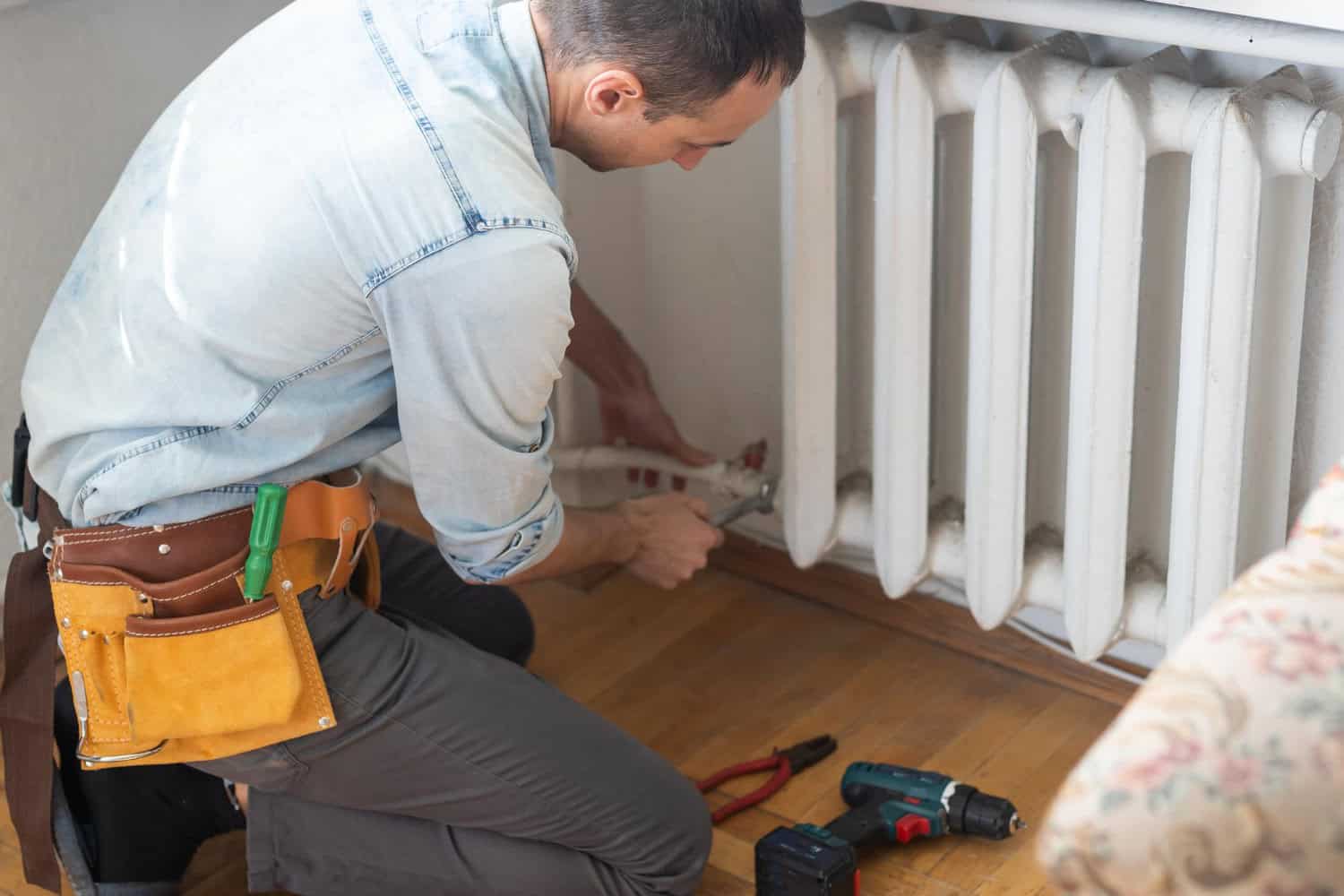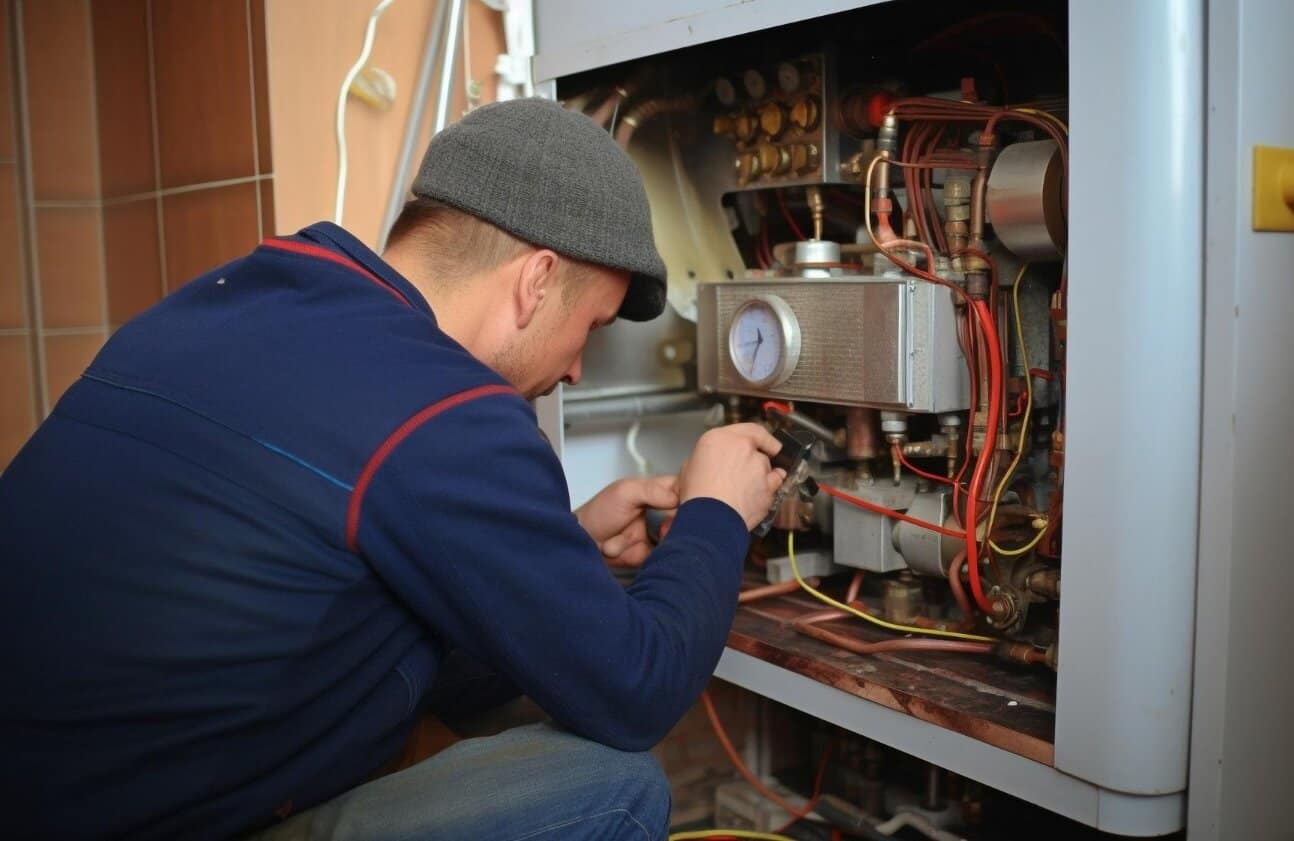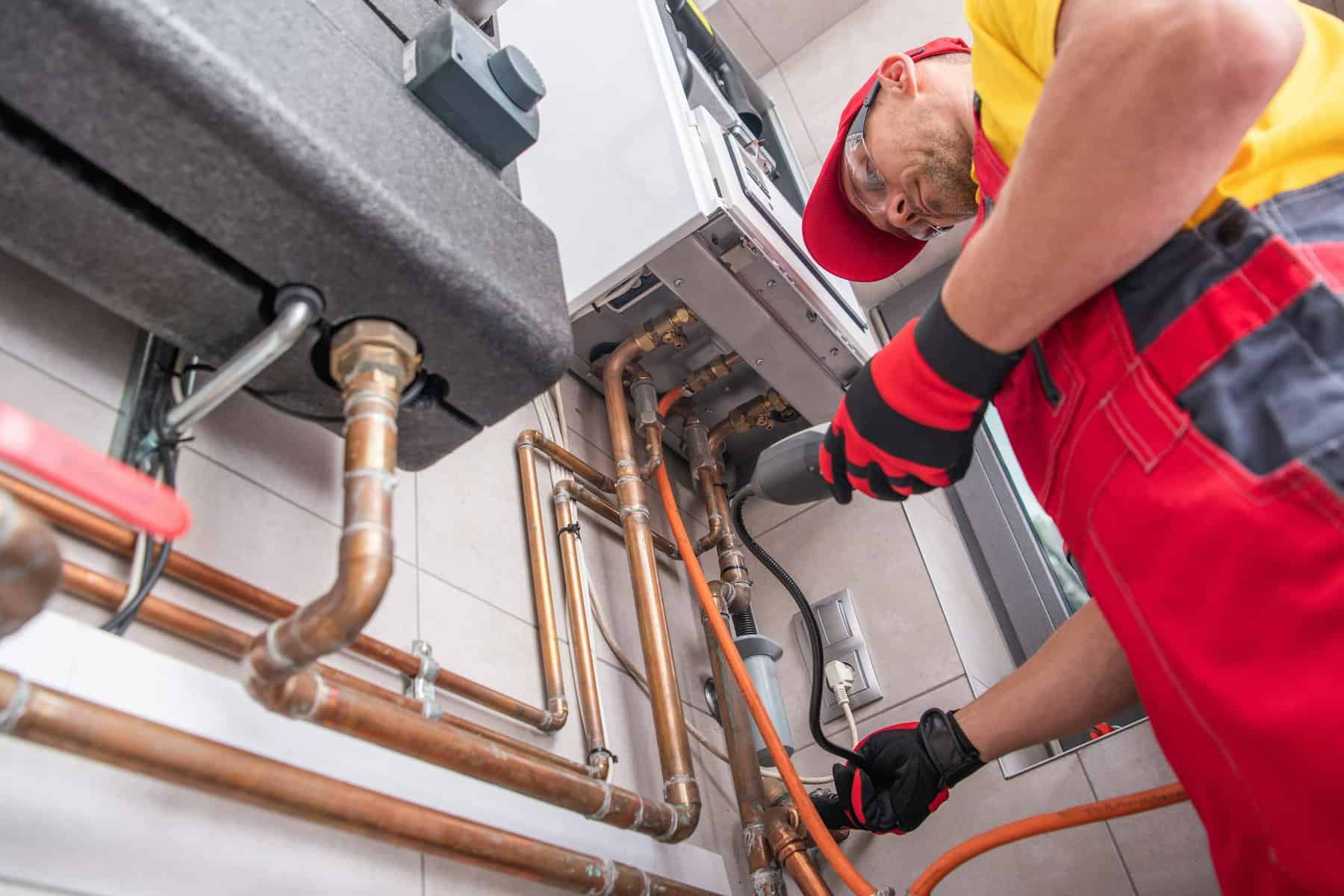Cold climates can be particularly tough on water heaters, impacting their performance and longevity. When temperatures drop, ensuring a steady supply of hot water becomes crucial for comfort and daily living. The chill increases the demand on your heater, potentially leading to more frequent issues or even sudden failures if not properly managed.
Frozen pipes, fluctuating water temperatures, and increased energy consumption are just a few of the challenges homeowners face during winter. Understanding these common problems helps you prepare your water heating system to handle the cold. With careful planning and regular maintenance, you can prevent many of these winter woes and keep your water heater functioning efficiently.
Selecting the best water heater for cold climates, and knowing how to troubleshoot frequent issues, ensures you’ll always have the warmth you need. It’s essential to invest in the right equipment and follow preventive measures to safeguard your system against the harsh winter months.
Understanding the Impact of Cold Climates on Water Heaters
Cold climates pose specific challenges to water heaters, affecting their efficiency and operation. As temperatures drop, water heaters must work harder to heat incoming cold water, which can strain the system. This increased demand often reduces overall efficiency, leading to higher energy bills. An elevated workload also accelerates wear and tear, shortening the lifespan of the water heater.
Maintaining a consistent hot water supply during winter can be difficult. The time it takes for water to heat up from freezing temperatures delays the delivery of hot water. This might leave you waiting longer for your morning shower to heat up. Additionally, if your unit is underpowered for the colder months, it may struggle to keep water at a consistent temperature, causing fluctuations that are both inconvenient and uncomfortable.
There’s also a risk of increased wear and tear caused by the expansion and contraction of metal parts. When temperatures fluctuate rapidly, these components experience stress, which may lead to leaks or other mechanical failures. Furthermore, the buildup of sediment, particularly in hard water areas, can be exacerbated by fluctuating warm and cold cycles, causing more wear on internal components. Understanding these challenges is key to preparing and maintaining a water heater that operates efficiently in cold weather.
Common Problems Faced by Water Heaters in Cold Climates
Water heaters in cold climates often encounter several common issues that can disrupt daily routines. Here are some problems that frequently arise:
– Frozen Pipes: One of the most prevalent issues is frozen pipes. When water inside pipes freezes, it expands, leading to burst pipes and potential water damage.
– Pilot Light Problems: Another issue is with the pilot light. Cold air drafts or condensation can extinguish the flame, causing the heater to stop functioning.
– Sediment Build-Up: Cold climates can also contribute to faster sediment buildup. As water heaters cycle on and off more frequently, mineral deposits can settle at the bottom of the tank, reducing efficiency and heating capacity.
Fluctuations in water temperature can lead to more frequent breakdowns. When the temperature outside plummets, incoming water is colder, placing a larger load on the heating element. This not only increases the risk of mechanical failure but can also result in inconsistent hot water temperatures throughout your home.
Cold weather can also cause a significant spike in energy consumption as water heaters strive to meet the higher demand. This increase not only impacts utility bills but also the heater’s lifespan. Regular maintenance and preparation are essential to avoid these issues and ensure your water heater operates smoothly during the colder months.
Preventive Measures and Maintenance Tips for Winter
Preparing your water heater for winter is crucial to avoid disruptions and costly repairs. Following a few key steps can ensure your system runs smoothly all season long. Start by insulating exposed pipes to prevent them from freezing. This simple measure keeps water flowing and helps maintain efficiency. Foam pipe insulation is affordable and easy to install, making it an effective first step against the cold.
Creating a winter-prep checklist for your water heater can be beneficial:
1. Inspect and Insulate Pipes: Look for exposed pipes and add insulation where needed.
2. Check the Anode Rod: This component prevents tank corrosion and should be checked annually.
3. Flush the Tank: Remove sediment buildup to improve efficiency.
4. Test the Thermostat: Ensure it’s set to a consistent temperature to avoid unnecessary strain on the unit.
5. Schedule a Professional Inspection: A qualified technician can identify potential issues before they become problems.
Regular professional maintenance checks are vital for prolonging the lifespan of your water heater. Technicians can spot and fix minor issues before they escalate, saving you from unexpected costs and helping to ensure your home remains comfortable throughout the winter.
Choosing the Right Water Heater for Cold Climates
Selecting the correct water heater is essential when living in a cold climate. Both tanked and tankless models have their advantages and limitations in such environments. Tanked water heaters are typically insulated, allowing them to maintain warmth even in colder temperatures, but they may struggle with efficiency and space.
Tankless water heaters, which heat water as needed, can be energy efficient but may require additional insulation or backup measures in extreme cold. This choice is ideal if your home cannot accommodate a large tank.
Indirect water heaters and combi boilers are also excellent options for cold climates. Indirect models use your boiler or furnace to heat water, which can be very energy-efficient in cold temperatures. Combi boilers, combining heating and hot water functions, are efficient and save space.
When choosing a water heater, consider your home’s size, water usage, and budget. High-efficiency models with robust insulation or additional heating features are often best suited for cold climates.
Conclusion
Cold climates present unique challenges for maintaining an efficient and reliable hot water supply. Understanding these issues and implementing preventive measures can keep your system running smoothly, avoiding unexpected disruptions. Whether you’re dealing with common problems like frozen pipes or considering upgrading your system, preparation is key to ensuring comfort during the winter months.
For those considering a new water heater, it’s important to weigh the benefits of different models and select one that fits the specific demands of cold environments. Making the right choice can save on energy costs and minimize the risk of frequent repairs.
At My Jockey, we’re committed to helping you find the best heating solutions for your home. Our team of experienced professionals is ready to provide expert advice and quality service to ensure your water heater is winter-ready. Contact us today to schedule a consultation or learn more about how our water heater services can help you maintain a warm and cozy home throughout the year.

